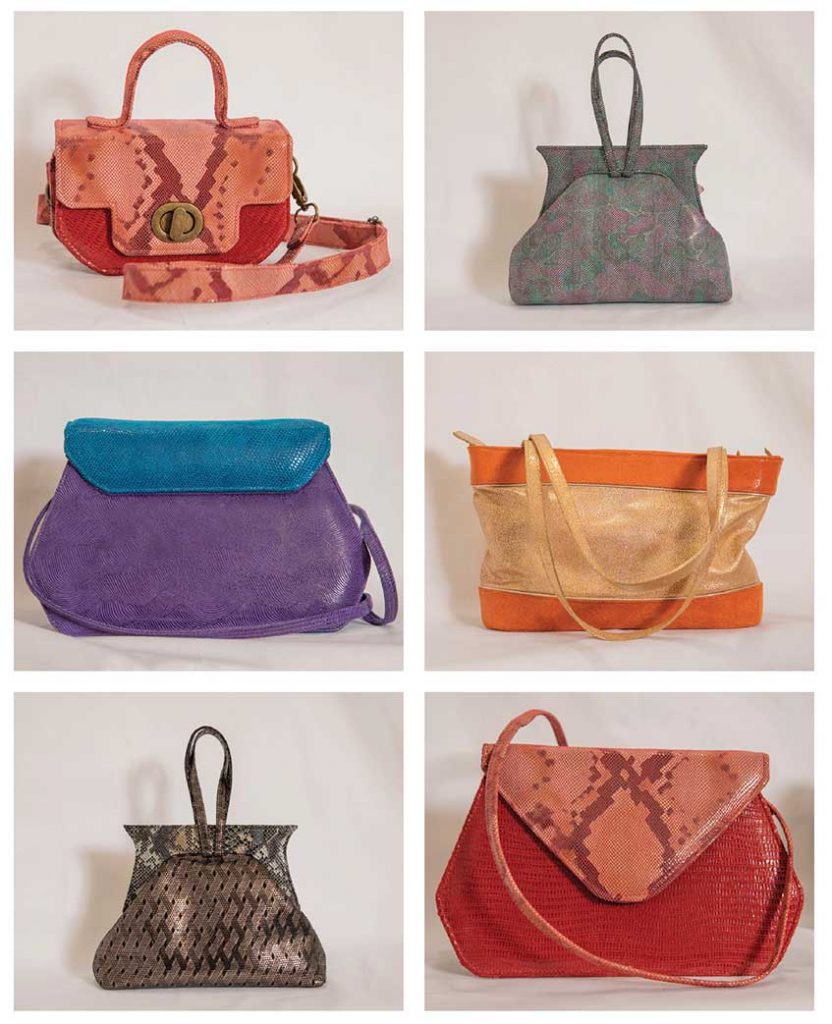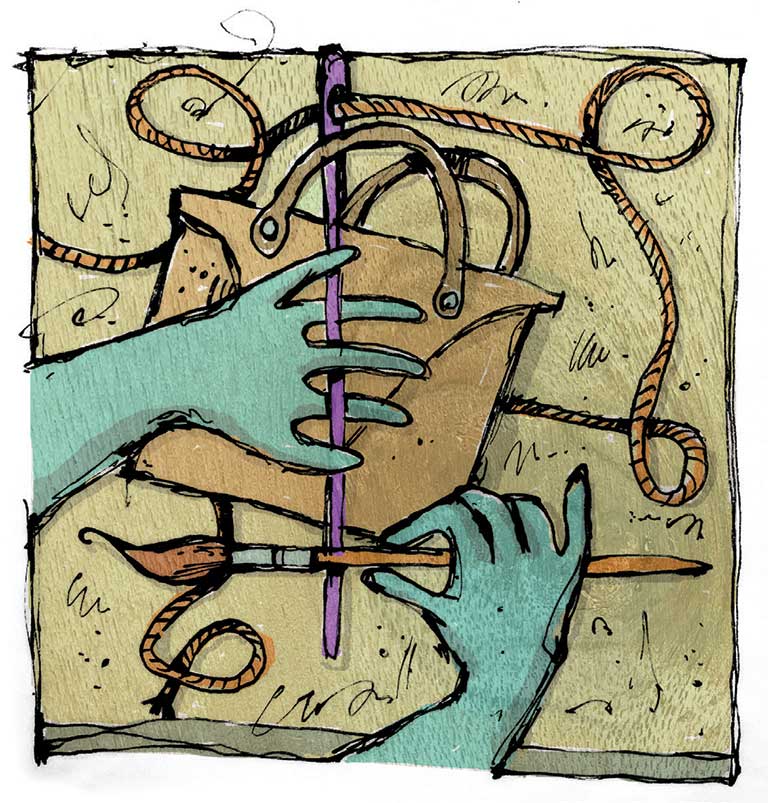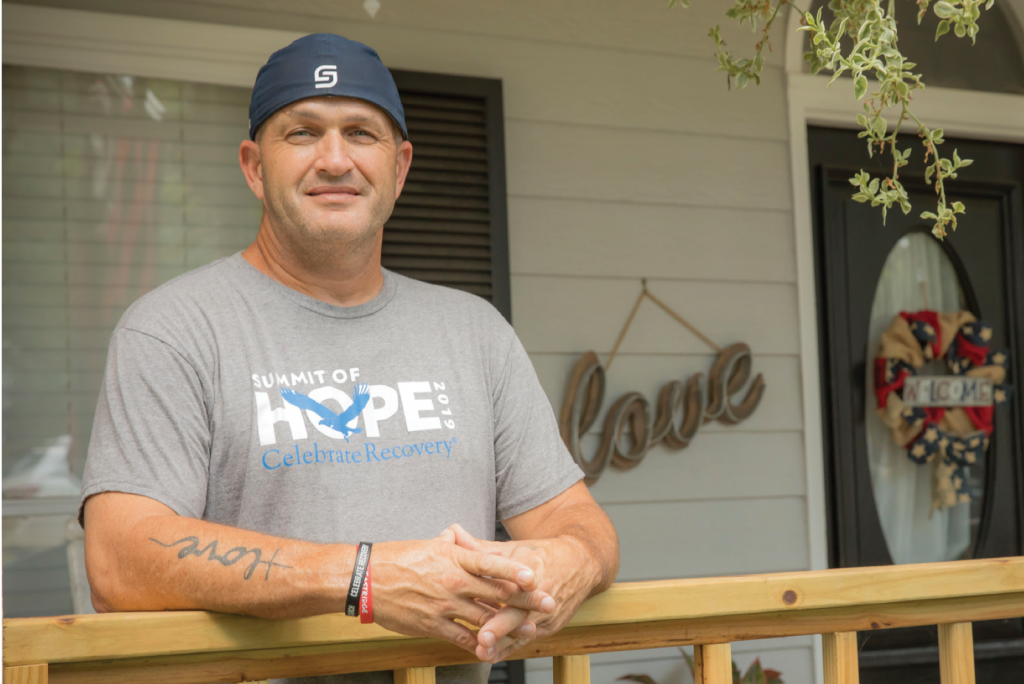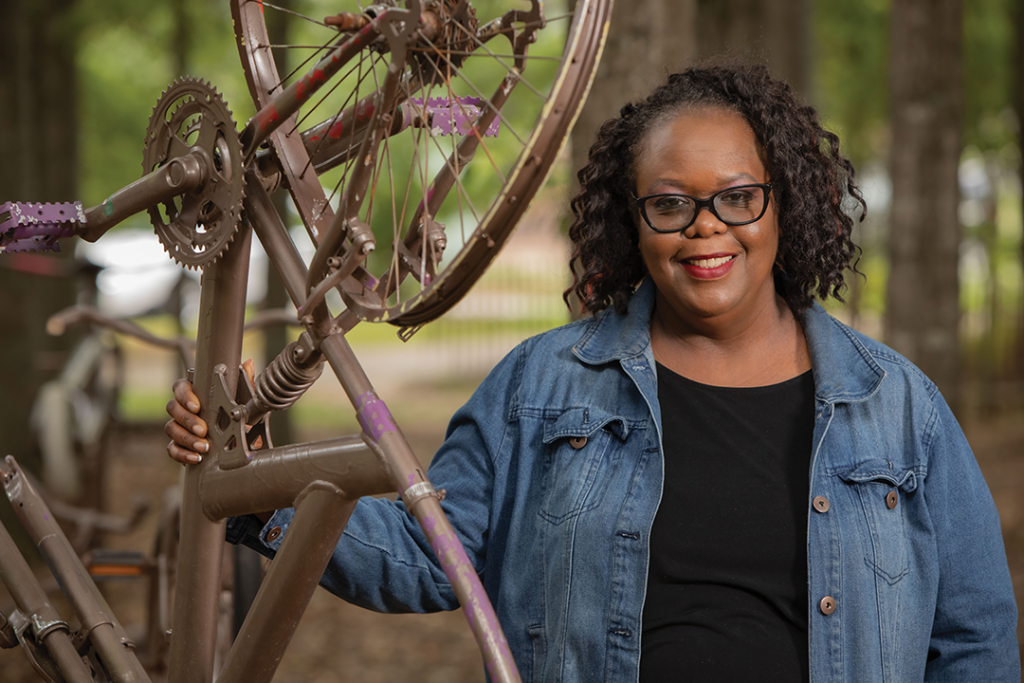Lifelong trauma caught up to Shannon Monique once she became a nurse, leading to a stunning diagnosis: complex PTSD. Now an advocate for mental health care and wellness, she tapped into to her creative side as a means of treatment and hopes to lead others down the same road.

If Shannon Monique were to write a book, it might be titled, “Tales of a Nurse Turned Artist.” What sounds like a simple career change has actually been a long, complicated journey full of drastic ups and downs. Monique has an unusual reply for anyone who feels sorry for what she has endured.
“I’m not,” she said. “I came out the other side a whole different person.”
Originally from New Haven, Connecticut, Monique grew up in poverty. Though her mother did the best she could, there were many days of doing without. Even so, Monique excelled in school, calling it the one outcome she could control. She continued to do well academically, even as she dealt with the challenges of a teen pregnancy.

“I had a lot of childhood trauma,” Monique said. “I just wanted to grow up and help my mom out. I’ve always gravitated towards helping people, but I thought the dream of going to college was beyond me, that I couldn’t do more than work at the corner store.”
She could not afford to buy her senior yearbook, but she had dreams of becoming a nurse and had that goal printed beneath her picture. Five years later—after putting herself through nursing school—a friend showed Monique the yearbook. For the first time, she saw her photo with the words “plans to become a nurse” below it, and she was filled with pride over accomplishing what had once seemed impossible.
“I’d like to see police officers, nurses, doctors, firefighters and EMTs get the help they need. A lot of them don’t even know PTSD is what they’re suffering from.”
By Shannon Monique
Monique moved to Georgia in 1999, when her cousin encouraged her to come work as a travel nurse. She married and had another son but soon realized she was in a domestic violence situation. As had been the pattern her whole life, she persevered, sacrificing her wellbeing for the sake of others.
Several years later, while working in the interventional radiology department at Emory, the stress from the abuse—from everything—caught up with her and she suffered a major gastrointestinal bleed.
“The GI bleed kept me out of work for weeks,” Monique said. “At first, they thought I had Chron’s [disease]. I didn’t realize the depth of what was going on.”

She credits the crisis that nearly took her life with saving it. At a follow-up visit with her doctor, she broke down in tears. He insisted that she stop working altogether and referred her to a psychologist. Monique was diagnosed with complex PTSD, or post-traumatic stress disorder. Often thought of as a condition that primarily affects combat soldiers, PTSD can occur after any traumatic experience. Complex PTSD describes the condition when it stems from more than one type of trauma. In addition to childhood trauma and domestic violence, Monique’s nursing job added another layer.
“I was always in the ICU, the ER, a burn unit or another high-stress environment at work,” she said. “A lot of people don’t realize the things we see every day when we help others. We almost never get to see the happy ending, to see our patients well and healthy again.”
Monique’s psychologist wanted to admit her to an inpatient women’s treatment center, but she was unable to do so, as she needed to be at home with her sons. Instead, she went into the outpatient program at Skyland Trail in Atlanta. There, her inner artist emerged.
“I started crocheting first, to stop biting my nails,” Monique said. “I was drawing like a 5-year-old, but we found out that I did really well with art therapy. My uncle was an artist—he would paint on the porch—and my mother would make all my clothes. She even drew her own patterns on paper bags. She didn’t teach me how to sew, but the creativity was already there inside me.”
Monique has been in therapy and creating art ever since. She started doing self-portraits as a way of caring for herself and overcoming patterns of perfectionism and negative self-talk.
“I wasn’t working as a nurse anymore—I wasn’t helping anyone else—so I started painting myself to learn who I was all over again. I had to learn that I’m worthy, I’m not stupid, I’m a beautiful person, I am not ugly,” Monique said. “I had to learn how to overcome all of that stuff. Perfectionism can be paralyzing. Excellence over perfectionism.”
Monique has always had a love of purses, which began as a child when her mother used to buy little handbags for her. She decided to try her hand at making designer bags. Her new passion took her on what she calls a “mental walkabout” of world travel.
“I had the opportunity to go to Italy and take classes on leather bag production and design,” Monique said. “I did an internship in New York with a celebrity bag maker and, in 2018, was invited to India by The Leather Council. I was sitting there in India, surrounded by all these great people and thinking to myself, ‘Wow… and people used to tell me I was nothing.’”
Monique now teaches others how to make designer bags via Zoom classes. She has collaborated with a friend from Italy to teach a new bag pattern together, and her Curvy Clutch bag pattern has been bought by people around the world. She plans to do more publishing, and though she faithfully renews her nursing license every few years, she has no plans to return to her previous profession. “I keep getting all these job offers, and it’s very tempting to go back into that, but I can’t do it, not right now,” she said. “It’s not therapeutic for me.”
Monique still struggles with anxiety, night terrors and insomnia. Looking back, she realizes that the signs of PTSD were there long before she knew it was afflicting her.
“I dissociated a lot,” she said. “Like, I would get ready for work but not remember getting dressed. I would dream about patients, ventilators, alarms and wake up not knowing if I was at home or at work. I thought I was crazy, but I never thought anything above myself. I thought, ‘It’s just you being you, Shannon.’”
Monique has become an ardent advocate for mental health care. She believes that since the brain runs everything, if the brain is not healthy, nothing else can be. She would like to see more mental health care services and facilities available to medical personnel and first responders suffering from job-related PTSD.
“I’d like to see police officers, nurses, doctors, firefighters and EMTs get the help they need,” she said. “A lot of them don’t even know PTSD is what they’re suffering from. I’m willing to help out and do my part. I consider that nursing from a different realm.”
Monique encourages people to go after what they need to achieve mental health and wellness, and she urges them to embrace the journey. “Drawing the stick figure—that’s part of the process,” she said. “Learn to appreciate and enjoy the process. There are too many people in this world to cry alone. We are all connected in this universe. We’re all in it together.”
To Shannon’s work visit,
www.instagram.com/shannonmonique7
www.facebook.com/sm7shannonmonique
www.shannonmoniquehandbags.com
Click here to read more stories by Kari Apted.





5 comments
Very well-written article. I have attended Shannon’s handbag workshops and can attest to her successes and helping hand to others.
Congratulations! Your bags are gorgeous, as are you! It’s wonderful to see you channel your anxiety and PTSD into beautiful bags! I have been letting my anxiety control me for too long…your article has made me seriously think about channeling my anxiety back into my creative side again. Thank you!
Thank you for sharing your amazing story. It is inspiring. You already know that I am a fan of your designer handbags
Well deserved recognition for a fellow leather maker. Congratulations!
Thank you for sharing your story. I have a background similar to yours. I am starting my bag making journey. Sometimes I feel like giving up or that my work is not enough. After reading your story I am going to stay on my course of bag making. It brings me so much joy.